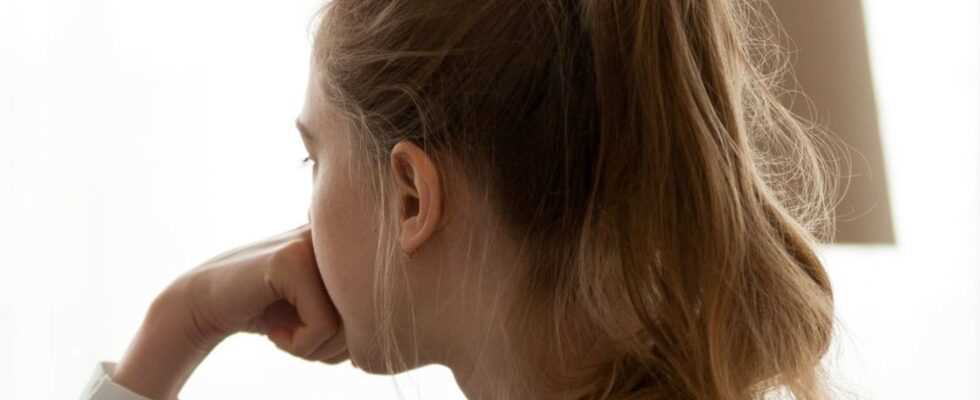corona pandemic
Young people and children struggle with mental health problems
Since the beginning of the corona pandemic, young people have been increasingly concerned with questions of meaning.
© fizkes/Shutterstock.com
The corona pandemic is affecting young people in particular. In a survey, young people complain about stress, depression and anxiety.
The corona pandemic is pushing many people to their limits – and has been for almost two years now. Without a doubt, children and young people are particularly affected. For months, students have been alternating between face-to-face and online lessons, making sure that masks are compulsory and sufficient ventilation phases in the classroom and often (in)voluntarily forgoing their social contacts. Already in March 2021 it was said in one Investigation by the Bertelsmann Foundation, 64 percent of the young people surveyed would feel fully or partially psychologically burdened by the pandemic.
The Christian media initiative pro eV In Eine comes to a similar conclusion recent poll by poll.media 841 people aged 13 and over assessed their life during the pandemic. 64 percent of the participants stated that they had felt more stress since the beginning of the health crisis. Around 44 percent complain of depression, while 31 percent of those surveyed struggle with anxiety.
Survey: Every second young person deals with questions of meaning
It is surprising that more than half of the people surveyed are increasingly concerned with questions of meaning (54 percent). Christoph Irion, managing director of the Christian media initiative pro, sees a need for action in the church communities in this regard: “Churches and communities can and should actively address these emerging needs and questions from young people and provide orientation in the current times.” In order to address the target group, however, “radical rethinking and new innovative ways” are required. Consequently, those surveyed who have no connection to a church would also like more digital and interactive formats such as online group events and streaming church services (24%) as well as more modern church services and more reference to current examples (34% each).
Whether the social contact that is offered in youth groups, for example, is sufficient remains questionable. Jürgen Margraf, Professor of Clinical Psychology and Psychotherapy at the Ruhr University Bochum, notes in an interview with Deutschlandfunkthat mental health problems in children and adolescents have deteriorated sharply since the beginning of the pandemic. “There are now figures that show that the longer the school closures lasted, the greater the problems with mental health problems,” says Margraf.
More and more young people need psychiatric help
In the case of younger people, the effects of the corona burden are “sometimes even very dramatic,” says Margraf. While young children increasingly struggle with anxiety, more and more teenagers are suffering from depression. The fear in society is spreading mainly through constant media consumption – the depressing news is processed more poorly by some people than by others. The social media are also a “giant bubble, which can then also reinforce very negative things”. Critical: According to the survey by the Christian media initiative pro, the consumption of these offers such as Instagram, YouTube or TikTok has increased extremely among those surveyed since the beginning of the pandemic.
A first piece of advice from the psychologist: Sport and limiting media consumption can help. In many cases, however, people with mental stress, both adults and children and young people, are dependent on professional help. Gottfried Maria Barth, deputy medical director of the child and adolescent psychiatry in Tübingen, reports in an interview with the “RND” from a drastic increase in adolescent psychiatric emergency departments. “The pure insecurity” is particularly stressful for children and young people. School closures, the burden on parents and the lack of balance – for example through sport or meeting friends – have a negative effect on the psyche of young people.
Child psychiatrist sure: “We have the best youth we ever had”
And yet Barth is certain: “Measured by how big the challenge is, the children and young people are doing really well. We have the best youth we have ever had.” And also the survey “Young Germans 2021” sees rays of hope – for example in relation to religiosity: Accordingly, young people who have a strong religious belief see themselves less burdened by the Corona crisis on average than people who believe less or not at all.
